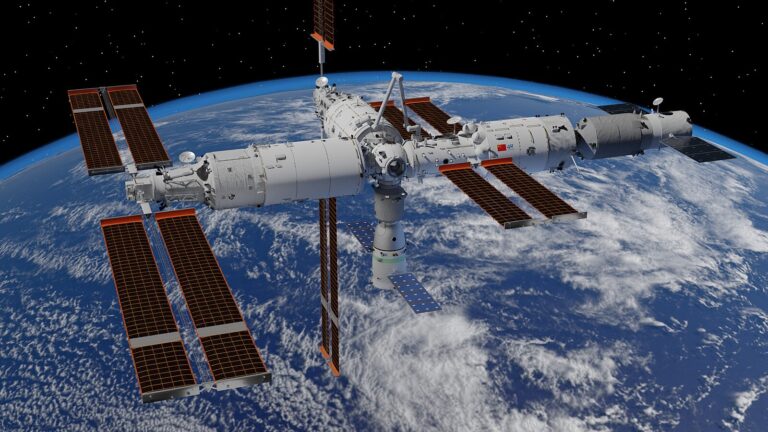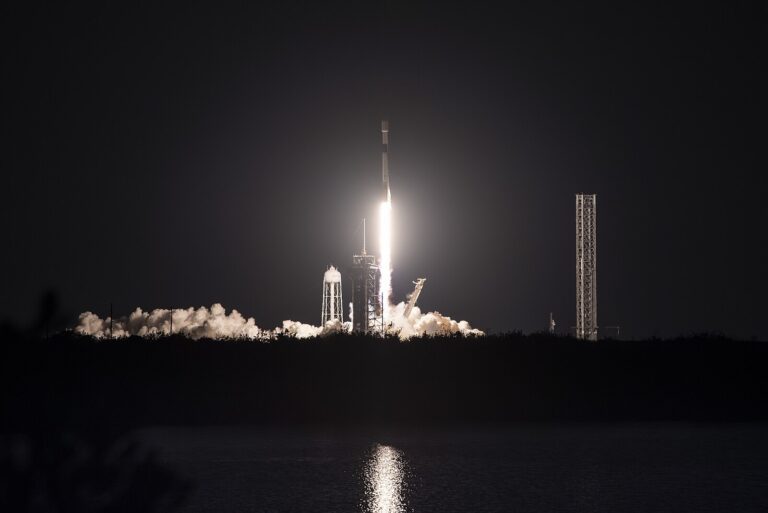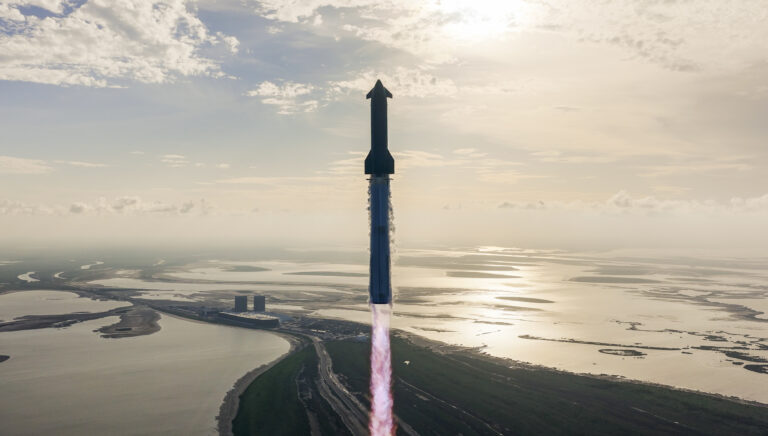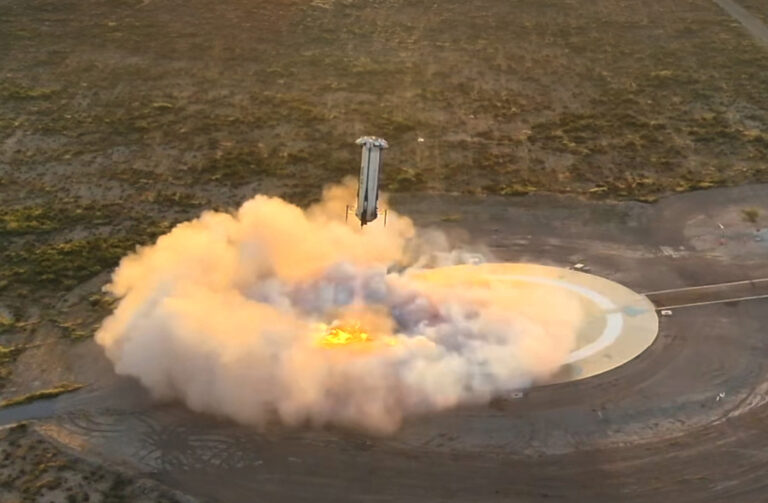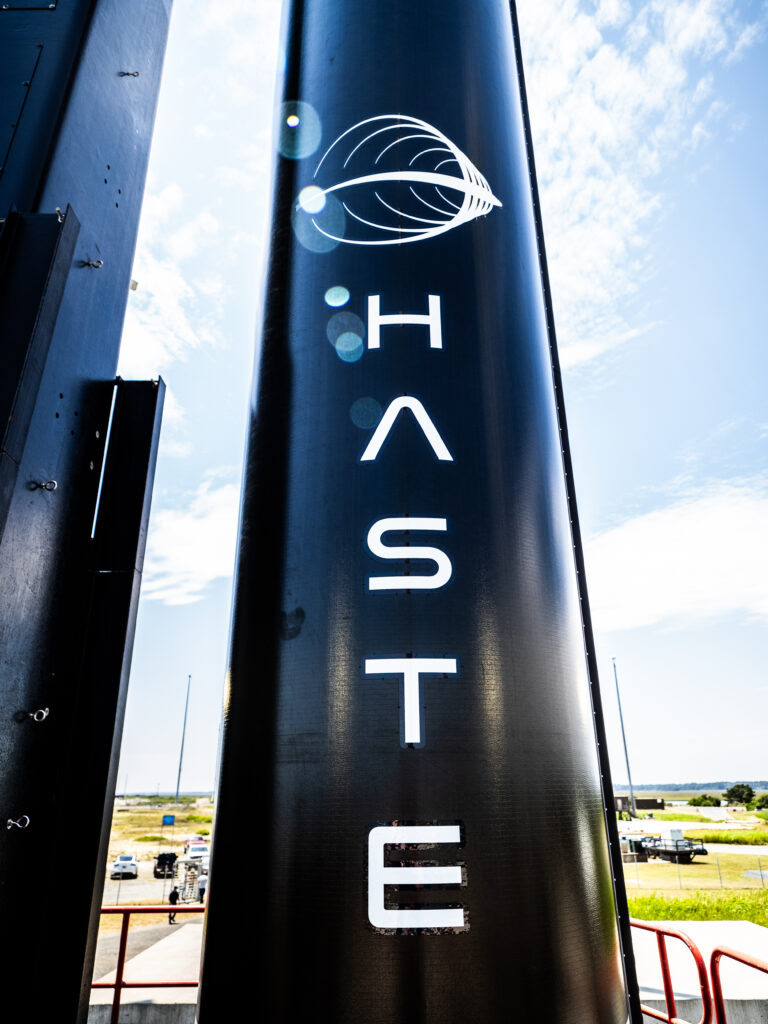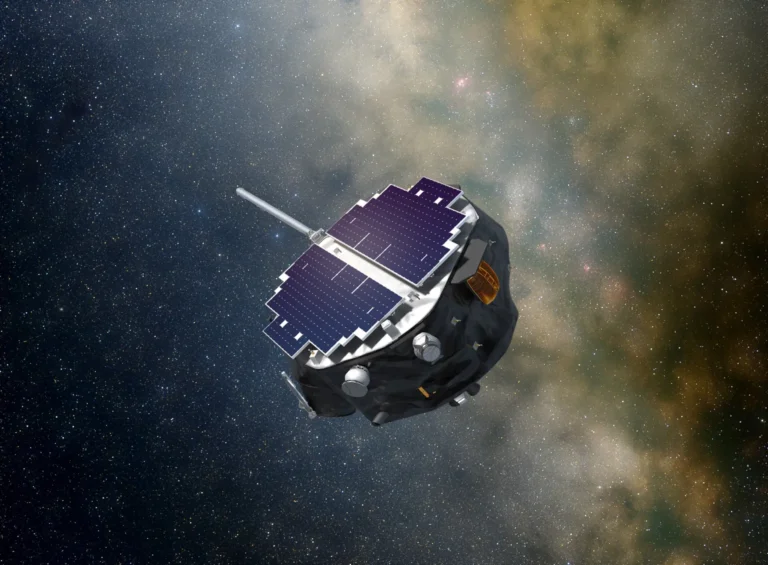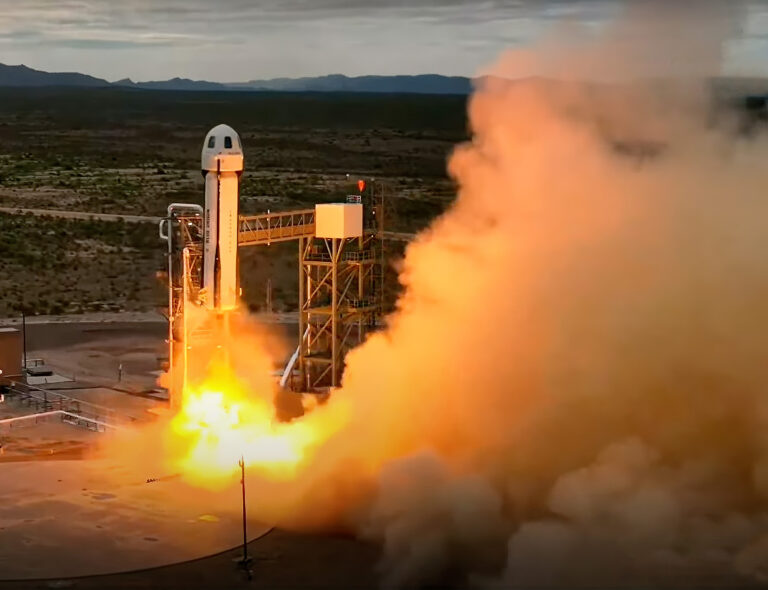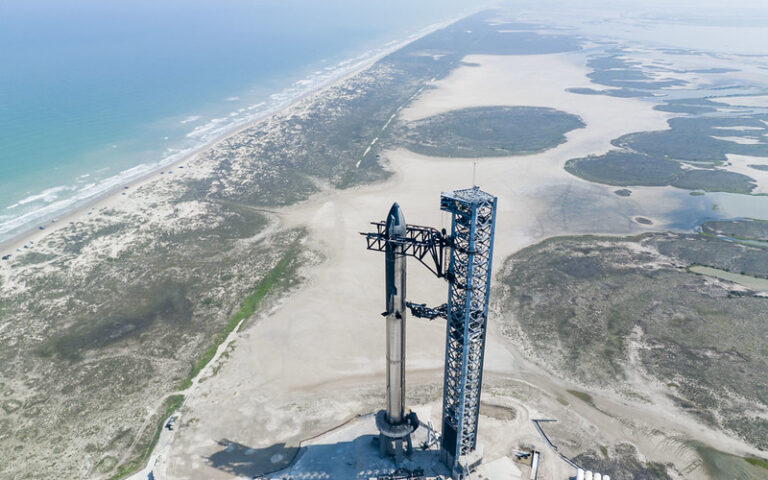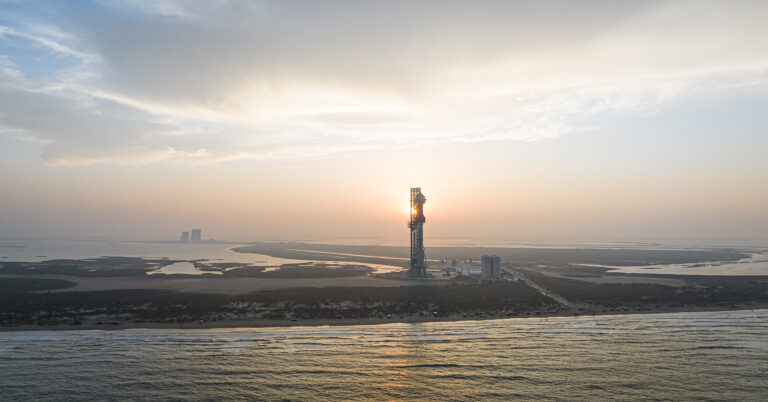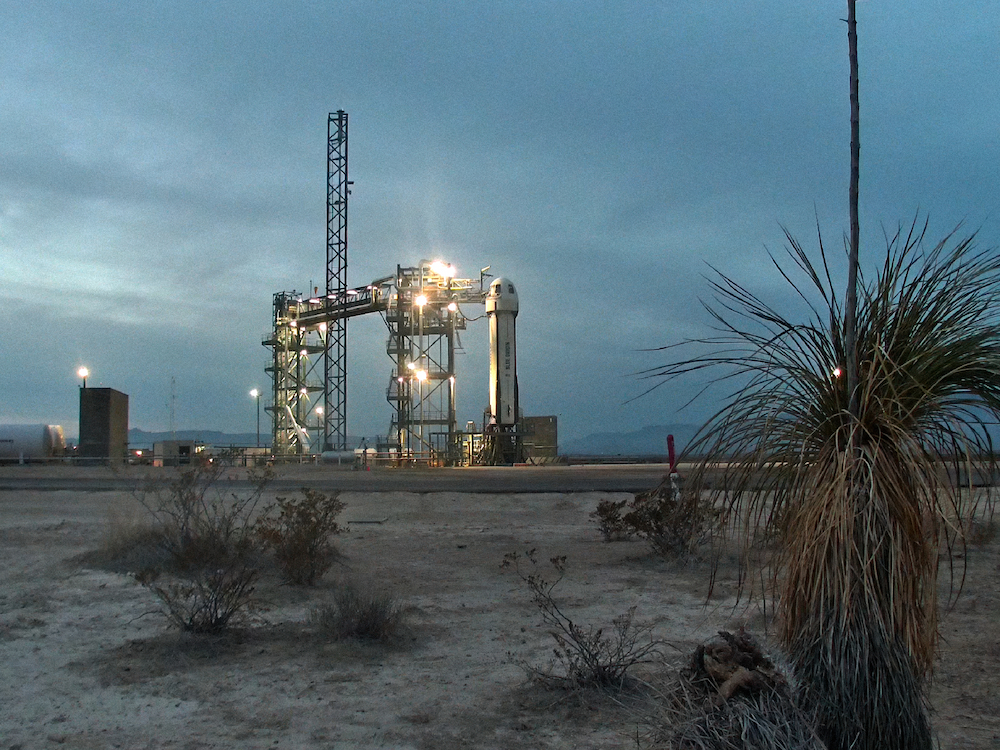
Key Takeaways:
- The Axiom Mission 4 (Ax-4) launch has been delayed due to a pressure leak in the ISS's Zvezda module, adding to prior weather and Falcon 9 rocket-related postponements; a new launch date is pending.
- Blue Origin's New Shepard mission NS-33, carrying six civilian passengers, is scheduled for June 21, 2025.
- Several other launches are planned for mid-June, including multiple Starlink deployments by SpaceX, a Project Kuiper mission by Amazon, a classified Russian mission, and a Chinese launch, but some have experienced delays due to technical issues.
- Looking ahead, a relatively quieter launch week is anticipated for June 23-29, with the primary event being the launch of Japan's GOSAT-GW climate-monitoring satellite.
Mission Highlights: Axiom 4 Delayed
The launch of Axiom Mission 4 (Ax-4) has been postponed for a second time. This delay stems from a pressure leak in the Russian Zvezda service module aboard the International Space Station (ISS), following previous weather-related issues and a liquid oxygen leak in the Falcon 9 rocket. As of June 12, NASA reported that the repaired section of the Zvezda module is holding pressure, and the delay will give teams time to determine whether further troubleshooting is necessary. This latest hurdle underscores the complexities of coordinating international missions and maintaining the infrastructure of the ISS. NASA and Axiom have yet to declare a new launch date for the Ax-4 mission. NASA stated that a new launch date “will be provided once available.”
NS-33: Blue Origin Set for 13th Crewed New Shepard Flight
On June 21, 2025, Blue Origin’s New Shepard suborbital vehicle is scheduled to launch at 8:30 a.m. EDT from Launch Site One near Van Horn, Texas. This will be the program’s 33rd overall mission and the 13th crewed flight. The NS-33 crew includes six civilian passengers from diverse backgrounds: environmental advocates Allie and Carl Kuehner, former transportation executive and philanthropist Leland Larson, entrepreneur and amateur archaeologist Freddie Rescigno, Jr., attorney and author Owolabi Salis, and retired employment lawyer Jim Sitkin. While the mission is suborbital, offering only a few minutes of weightlessness, it highlights the range of individuals now participating in commercial spaceflight and the diverse array of personal motivations — from environmental advocacy to lifelong dreams of space travel — that draw people to the edge of space. Watch the launch live.
Other missions this week
Project Kuiper (KA-02) was originally scheduled to launch on June 13, then rescheduled for June 16 at 1:25 p.m. EDT aboard a United Launch Alliance Atlas V 551 rocket from Cape Canaveral. However, the launch has now been delayed again due to an engineering observation of elevated purge temperatures within the booster engine. ULA is evaluating the hardware and has not yet announced a new launch date. The mission, once flown, will deploy broadband satellites as part of Amazon’s 3,236-satellite Project Kuiper constellation aimed at providing global internet connectivity from low Earth orbit.
Starlink Group 15-9 will launch on June 16 at 8:51 p.m. EDT from Vandenberg Space Force Base in California aboard a Falcon 9 Block 5. This mission will expand SpaceX’s Starlink network with additional v2-mini satellites to enhance its broadband service.
Starlink Group 10-18 is set to lift off on June 18 at 1:38 a.m. EDT from Cape Canaveral, deploying another batch of Starlink v2-mini satellites aboard a Falcon 9 Block 5 to strengthen SpaceX’s second-generation internet constellation.
Cosmos (Unknown Payload) will launch on June 18 at 11:00 p.m. EDT using a Russian Angara A5/Briz-M rocket from the Plesetsk Cosmodrome. The mission will carry a classified Russian military payload.
Starlink Group 10-23 is scheduled for June 20 at 2:32 a.m. EDT from Cape Canaveral, with another Falcon 9 Block 5 launching additional Starlink v2-mini satellites to grow SpaceX’s global internet coverage.
CASC Long March 3B/E is slated to launch on June 20 at 8:35 a.m. EDT from Xichang Satellite Launch Center in China. While the payload details are not public, the mission will continue China’s orbital expansion.
Transporter 14 will launch on June 20 at 5:19 p.m. EDT from Vandenberg Space Force Base aboard a Falcon 9 Block 5, delivering multiple small satellites to a Sun-synchronous orbit as part of SpaceX’s SmallSat Rideshare Program.
Looking Ahead
Launch activity slows down the week of June 23–29, with only one confirmed mission currently on the calendar. Japan’s GOSAT-GW climate-monitoring satellite is scheduled to launch aboard a Falcon 9 from Vandenberg Space Force Base on June 25 at 5:00 p.m. EDT. Developed by JAXA in partnership with Japan’s Ministry of the Environment and NASA, the satellite will monitor greenhouse gases and water cycles to support climate change research and disaster response.

